POLICE 2nd Edition by John S. Dempsey – Test Bank
Chapter 4 Why Be Ethical?
Police Ethics: A Matter of Character, 2nd Edition
TRUE/FALSE
1.A person’s conduct is the product of what he or she understands.
ANS: T PTS: 1 REF: pg. 62
2.Generally speaking, the duty of the police is comprised of three distinct functions: service, disorder maintenance, and law enforcement.
ANS: F PTS: 1 REF: pg. 62
3.Nature—that is, biological evolution—has fitted human beings to a specific environment.
ANS: F PTS: 1 REF: pg. 63
4.Language is unique to human beings, outside the range of anything an animal can do.
ANS: T PTS: 1 REF: pg. 64
5.Animals are locked into the immediacy of the present physical environment where sensory input is their only source of information.
ANS: T PTS: 1 REF: pg. 64
6.All rules of behavior are written down and made into laws.
ANS: F PTS: 1 REF: pg. 65
7.Ethical formalism is not absolute, rationalization is permitted.
ANS: F PTS: 1 REF: pg. 66
8.Religion is different from ethical formalism and utilitarianism because it clearly prescribes the idea that behaving in an ethical manner is central to one’s humanity, that morality defines our humanity so that if we lose our morality we cease being fully human.
ANS: F PTS: 1 REF: pg. 67
9.Police officers are rarely confronted with ethical questions and ethical dilemmas in their professional lives.
ANS: F PTS: 1 REF: pg. 68
10.Frequent technological change, in combination with the morphing of the social fabric into a new and different reality every few years, creates anomic feelings of epidemic proportions because people can naturally react this way to instability.
ANS: T PTS: 1 REF: pg. 70

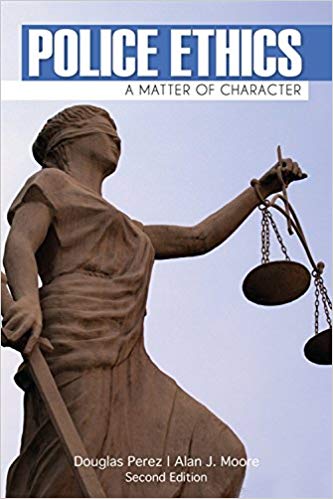
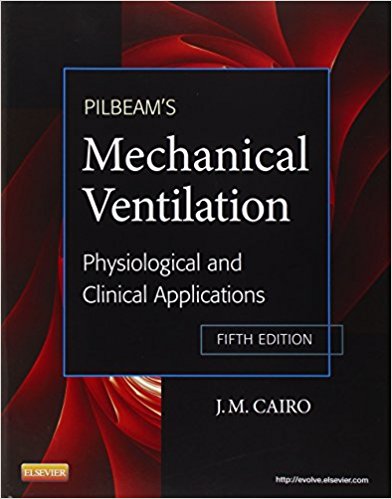



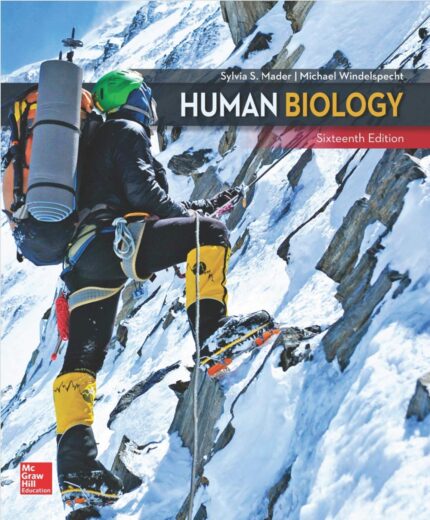

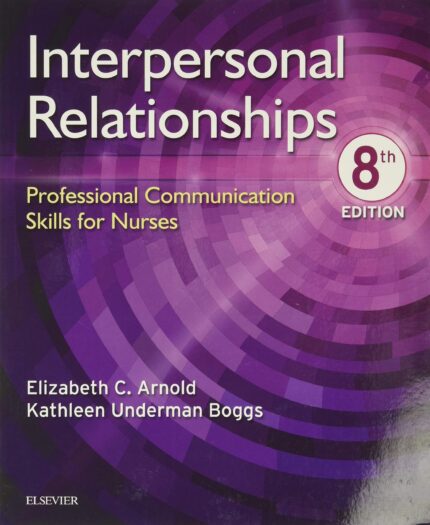

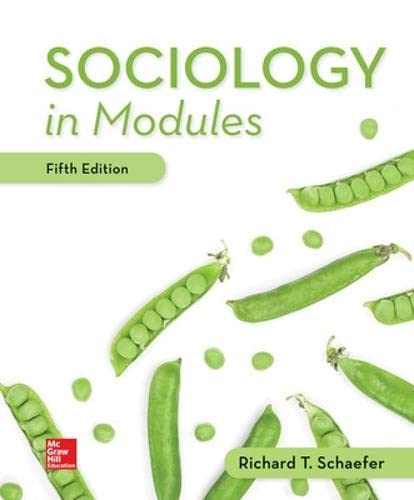
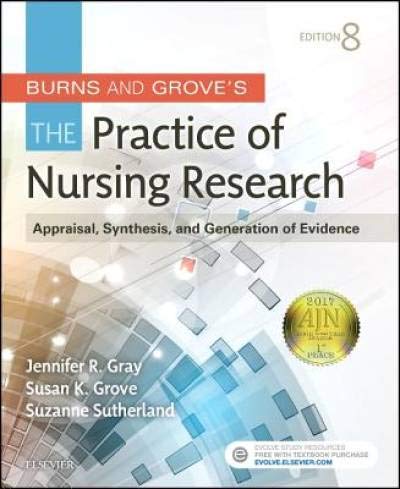


Reviews
There are no reviews yet.